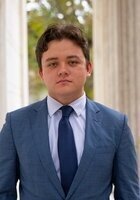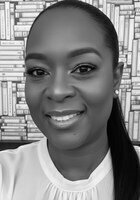Objection, your Honor, starts the common refrain. Hearsay ends it. But what is hearsay? Hearsay -- an out-of-court statement admitted for its truth -- is defined in the Federal Rules of Evidence. Of course, there are a number of exceptions to hearsay, and the rules provide for them as well. Evidence is a class taken by many law school students in either their first or second year and, because it focuses so heavily on the rules, can be one of the most technical classes a law student will take. Evidence tutoring can help students get a firm grasp on the rules and how to apply them. Beyond hearsay, evidence rules establish when an expert opinion is valid and what an expert can testify about. It also lays out when evidence can be admitted and when it cannot.
Contrary to popular belief, most of the time character evidence is inadmissible. In a criminal trial, evidence of previous crimes is considered to be more likely to prejudice the jury than to help them come to a verdict, so it is not allowed either, except for under specific circumstances. One of the most important subjects in evidence is privilege. Attorney-client privilege limits the information that an attorney can testify about. Doctor-patient privilege limits medical information and testimony from medical professionals. Priest-penitent privilege covers statements made to religious leaders. And yet, none of these are absolute. Attorney-client privilege only applies to statements made in seeking legal advice, so a statement made to an attorney at a party would not be covered. Similarly, doctor-patient privilege only covers evidence gathered by the doctor, or things said to them in the course of seeking treatment. If it's not relevant to a medical condition, then it isn't privileged. Privilege issues can get more complicated as well, as exactly what and who is covered gets litigated. Varsity Tutors can connect law students with evidence tutoring, which can help clear up confusion that a student has about the topic.

























